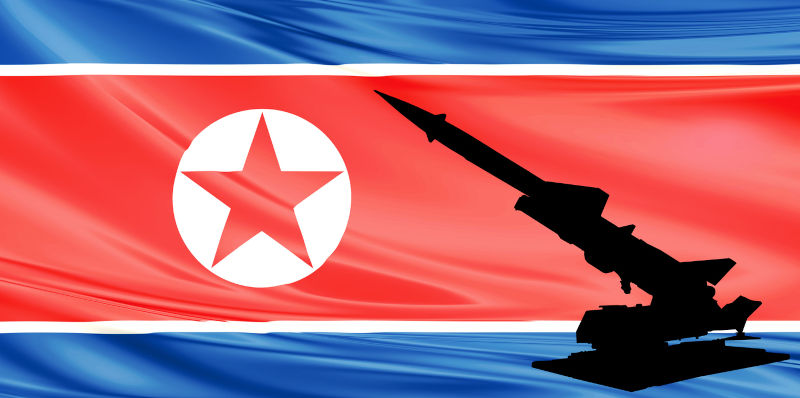North Korea: same old, or another ticking bomb?
May 3, 2023
Continued missile testing by North Korea invites the question, why do they do it? Its tempting to regard it as just what they do, but is that all there is to it? Is it urgent but not important? What about the response?
Before the Russian invasion of Ukraine there were many instances and warnings of war preparations from the Russian side. These were basically dismissed by the rest of the world, even the Ukrainian Government, which reportedly pooh-poohed American warnings that the Russians were actually preparing to invade. At the other end of the continent we have North Korea continually testing and improving its missile capacity, including as regards its ability to hit American targets, making it known that its nuclear capacity is strengthening as well, and making threatening statements about South Korea.
It really is beyond belief that North Korea is contemplating an attack on US targets, but recent bellicose statements, including by Kim Jong Uns sister, seem at last to have touched a nerve in South Korea, where the population has traditionally remained unmoved and un-alarmed at North Koreas military activities. This change of attitude has led to calls for the South to develop its own nuclear strike ability, and these calls in turn led to the recent summit meeting between the US and South Korean Presidents.
According to media reports that meeting has led to South Korean agreement not to develop its own nuclear weapons, in return for the US giving it a greater say in consultations on a potential American nuclear response to a North Korean attack. An American nuclear ballistic submarine will make a high-profile port call in South Korea for the first time since 1981, as a sign of American willingness to use its nuclear deterrent to protect South Korea, though the US will not re-station tactical nuclear weapons on the peninsula.
The planned submarine visit has already been denounced by China, and seems likely to produce a further bellicose response from the North, according to a long-accustomed sequence in which US-South Korean military exercises, stated to be as a precaution against a North Korean attack, are answered by the North, claiming to be responding to US/South Korean preparations to invade it.
This is not a desirable sequence, with the missile and nuclear aspects making it all the less so. Why does it continue? Its hard not to conclude that an important reason, which our side could do something about, is the fixed and sterile United States policy of demanding total denuclearisation of North Korea as the basis for negotiations. Its pretty clear that the often-stated North Korean fear of attack is at least partly genuine, and that its costly efforts to acquire a nuclear deterrent are at least partly based on that.
In such circumstances making total nuclear disarmament a pre-condition for negotiations means they will never begin, leading to the present dangerous situation in which North Korea continues to develop its military strength, and South Korea and the US feel bound to find ways to respond. Its worth recalling that another way seemed about to open under Donald Trump, when he and Kim Jong Un met in Hanoi. Before they met there were many signs that the US would abandon its everything, all at once approach for a step by step process, under which North Korea would begin by shutting down its main nuclear facility. Some said this wouldnt mean much, since they had or were developing other facilities, but a number of well-qualified observers believed that the proposed step would be a worthwhile and important one. But in the end Trump did not proceed on that path, reportedly under the influence of hawkish advisers, and the meeting broke up with no outcome and Kim reportedly feeling hed been made a fool of.
So what will happen now, and how important are these latest developments? It used to be a common phrase among North Korea watchers that events to do with North Korea were often urgent, but not important, in that the basic stand-off would last. We hope that this will continue to be the case, but missiles and nukes lift the stakes, and the Russian invasion of Ukraine reminds us that an existing situation will not necessarily continue.

